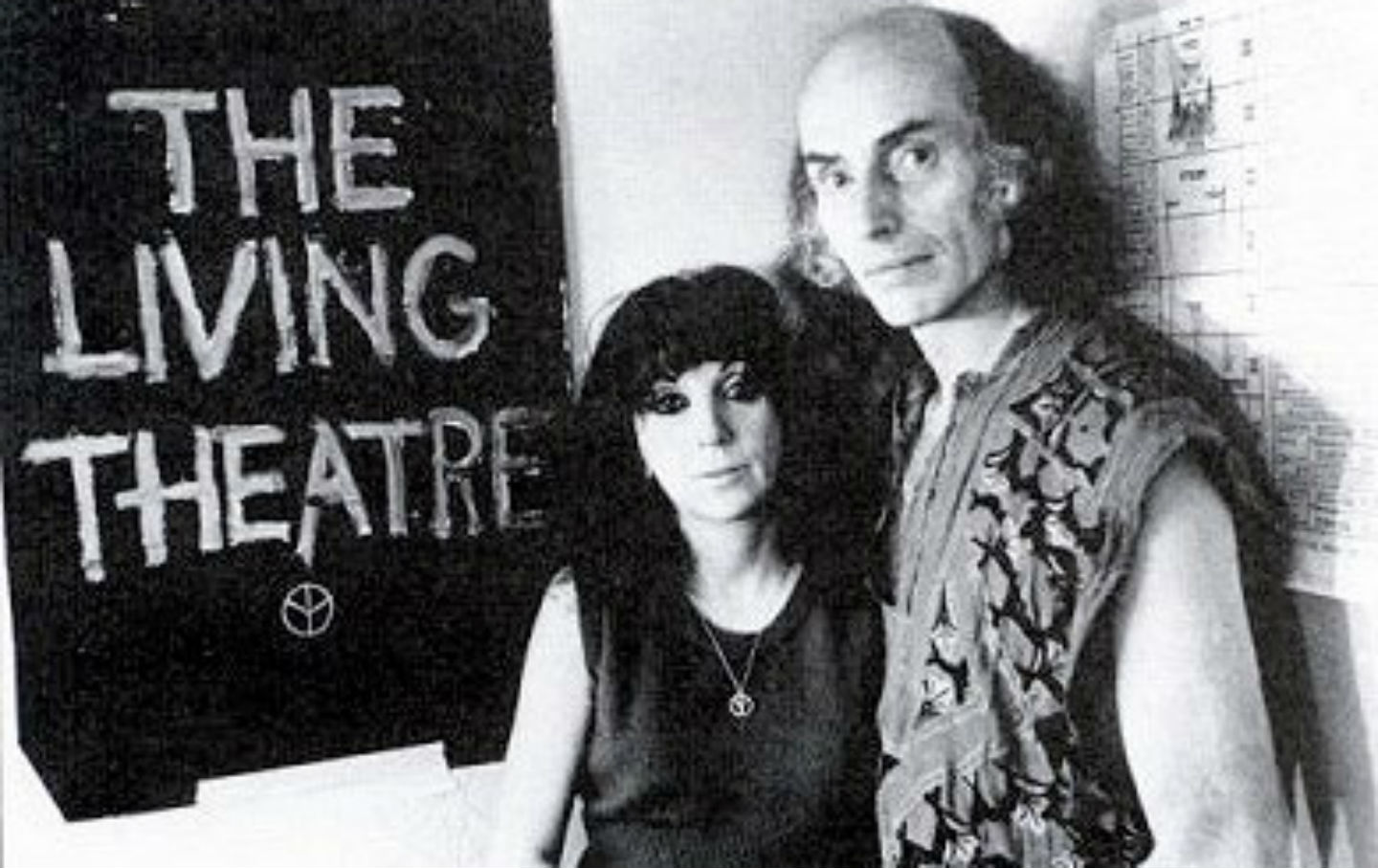
The ‘Immortal’ Judith Malina, 1926–2015 The ‘Immortal’ Judith Malina, 1926–2015
The founder of the Living Theater was absolute about her principles as a pacifist anarchist, yet never dismissive or judgmental toward those who didn’t share them.
Apr 13, 2015 / Books & the Arts / Alisa Solomon
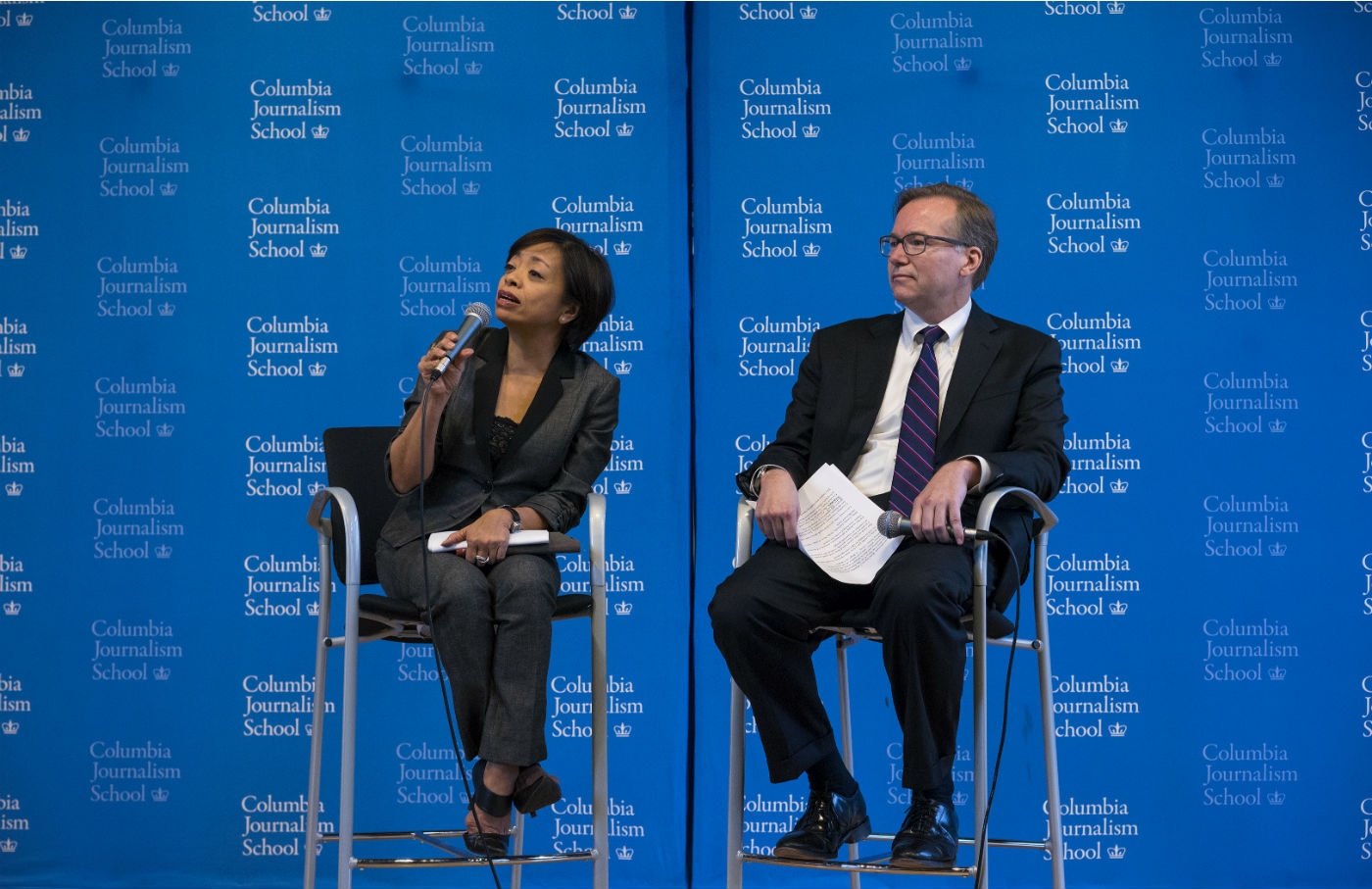
What Are ‘Nation’ Interns Reading the Week of 4/9/15? What Are ‘Nation’ Interns Reading the Week of 4/9/15?
What Are ‘Nation’ Interns Reading the Week of 4/9/15?
Apr 9, 2015 / Books & the Arts / StudentNation

Jobs and Empire Jobs and Empire
The music of Empire is the theology of capitalism.
Apr 8, 2015 / Books & the Arts / Joshua Clover
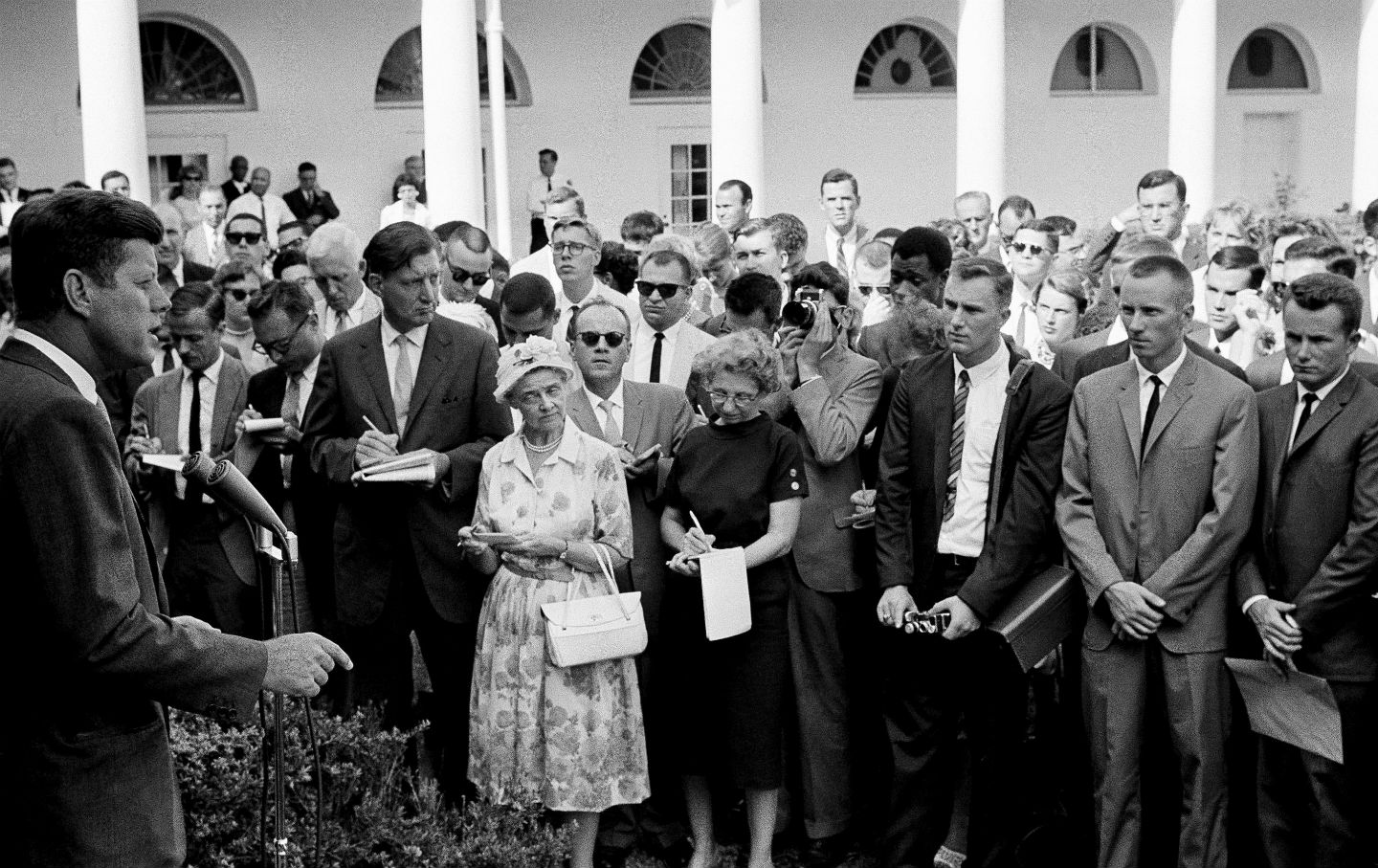
Development and Humanitarian Politics Development and Humanitarian Politics
Why debates about community development sidestep the issue of inequality.
Apr 8, 2015 / Books & the Arts / Jamie Martin
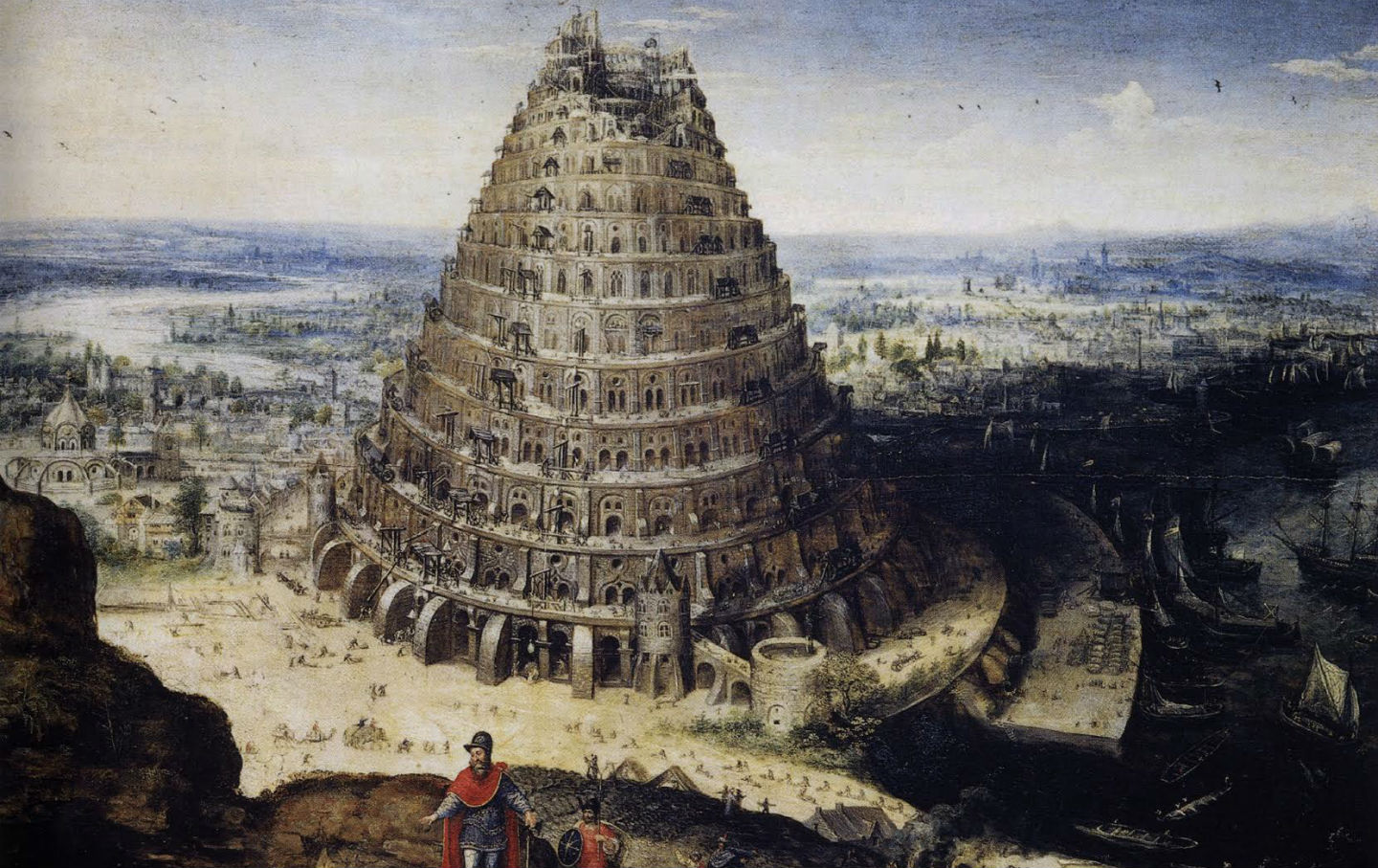
Forensic Translation Forensic Translation
Translation is not the art of failure but the art of the possible.
Apr 7, 2015 / Books & the Arts / Benjamin Paloff

What Are ‘Nation’ Interns Reading the Week of 4/3/15? What Are ‘Nation’ Interns Reading the Week of 4/3/15?
What Are ‘Nation’ Interns Reading the Week of 4/3/15?
Apr 3, 2015 / Books & the Arts / StudentNation
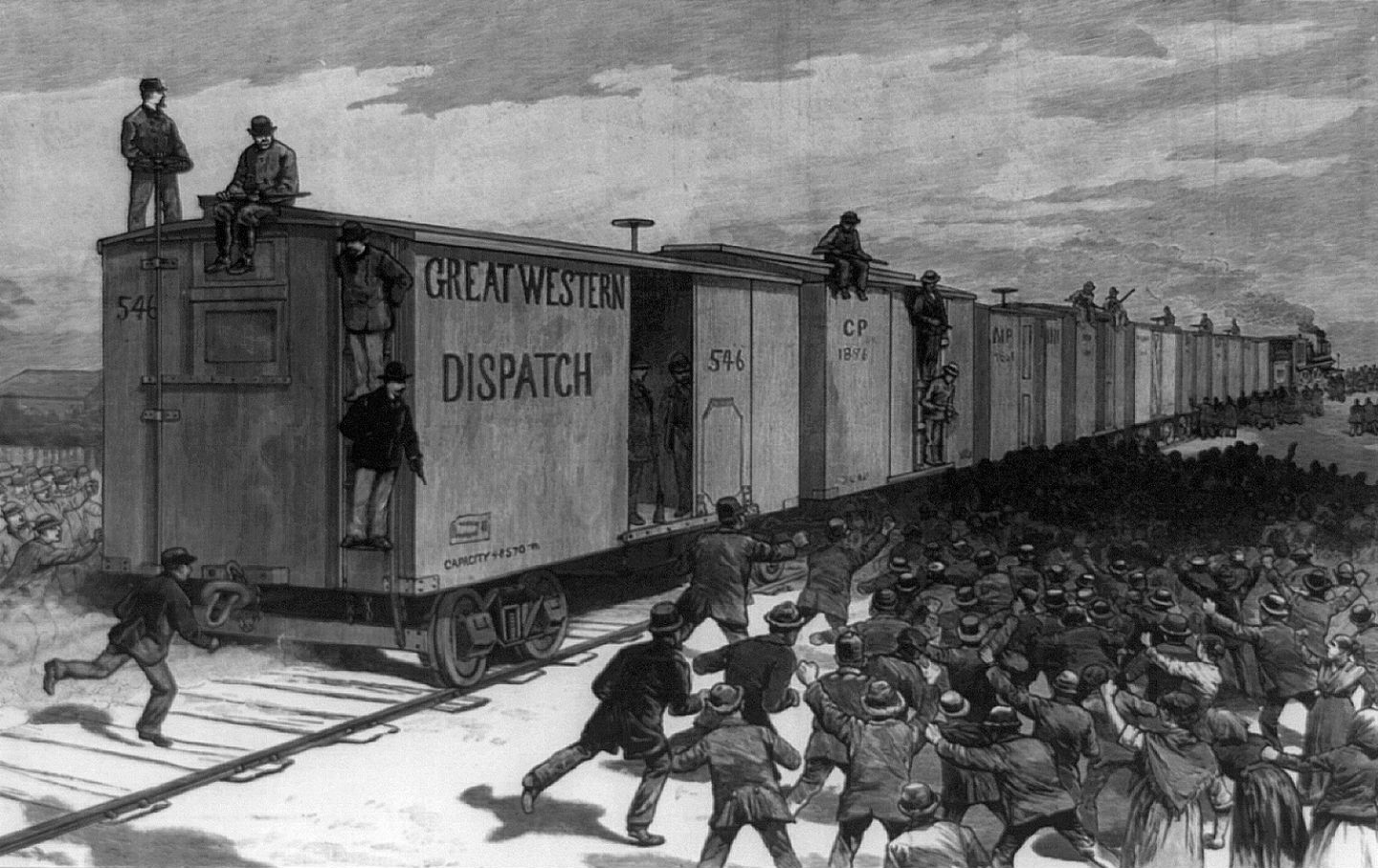
What We Can Learn From the Workers, Activists and Even Politicians Who Tore Down the First Gilded Age What We Can Learn From the Workers, Activists and Even Politicians Who Tore Down the First Gilded Age
Americans were furious at the inequalities of their country 200 years ago. Could they get as angry today?
Apr 2, 2015 / Books & the Arts / Steve Fraser
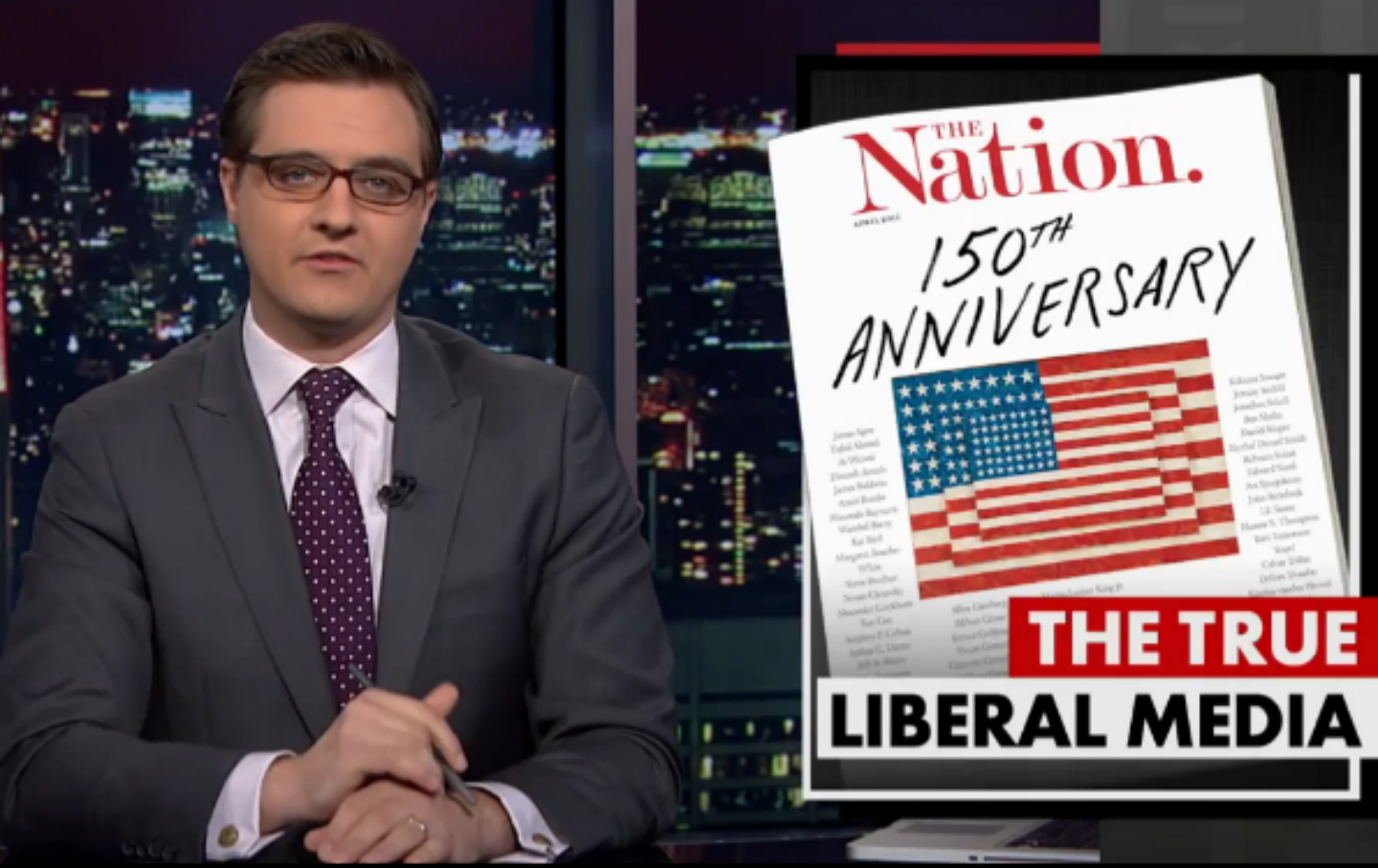
Chris Hayes: Why We Need ‘The Nation’ Today Chris Hayes: Why We Need ‘The Nation’ Today
MSNBC's Chris Hayes celebrates The Nation's 150th anniversary.
Apr 1, 2015 / Books & the Arts / Press Room

Trevor Noah’s Tweets Are Awful and Sexist. Don’t Fire Him for Them. Trevor Noah’s Tweets Are Awful and Sexist. Don’t Fire Him for Them.
The best response to the new Daily Show host’s sexism would be to put more women in the writers’ room.
Mar 31, 2015 / Books & the Arts / Michelle Goldberg
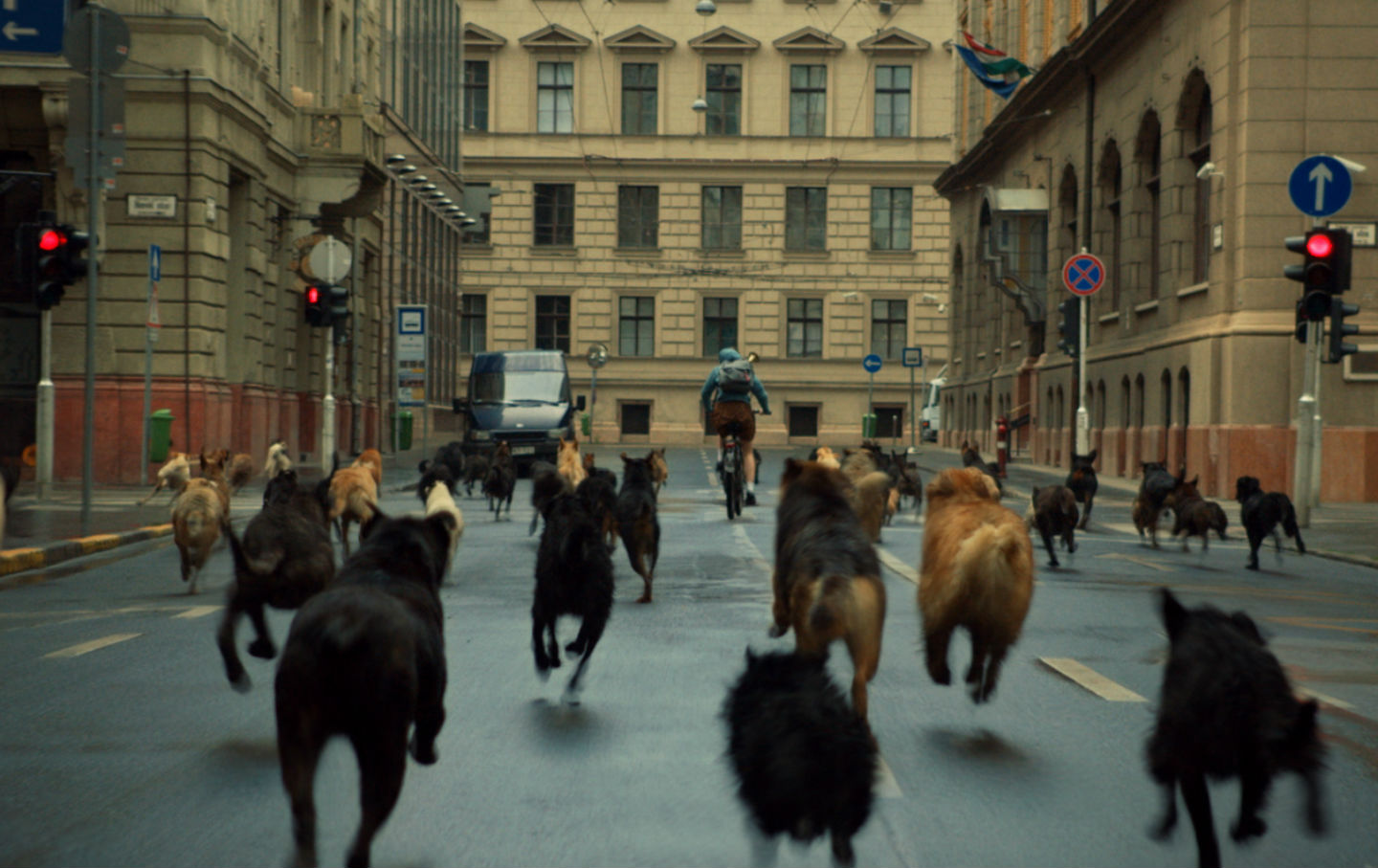
Animal Education Animal Education
War between men and dogs looms in the Budapest of White God; Ethan Hawke pays homage to New York City’s greatest piano teacher in Seymour: An Introduction.
Mar 31, 2015 / Books & the Arts / Stuart Klawans
